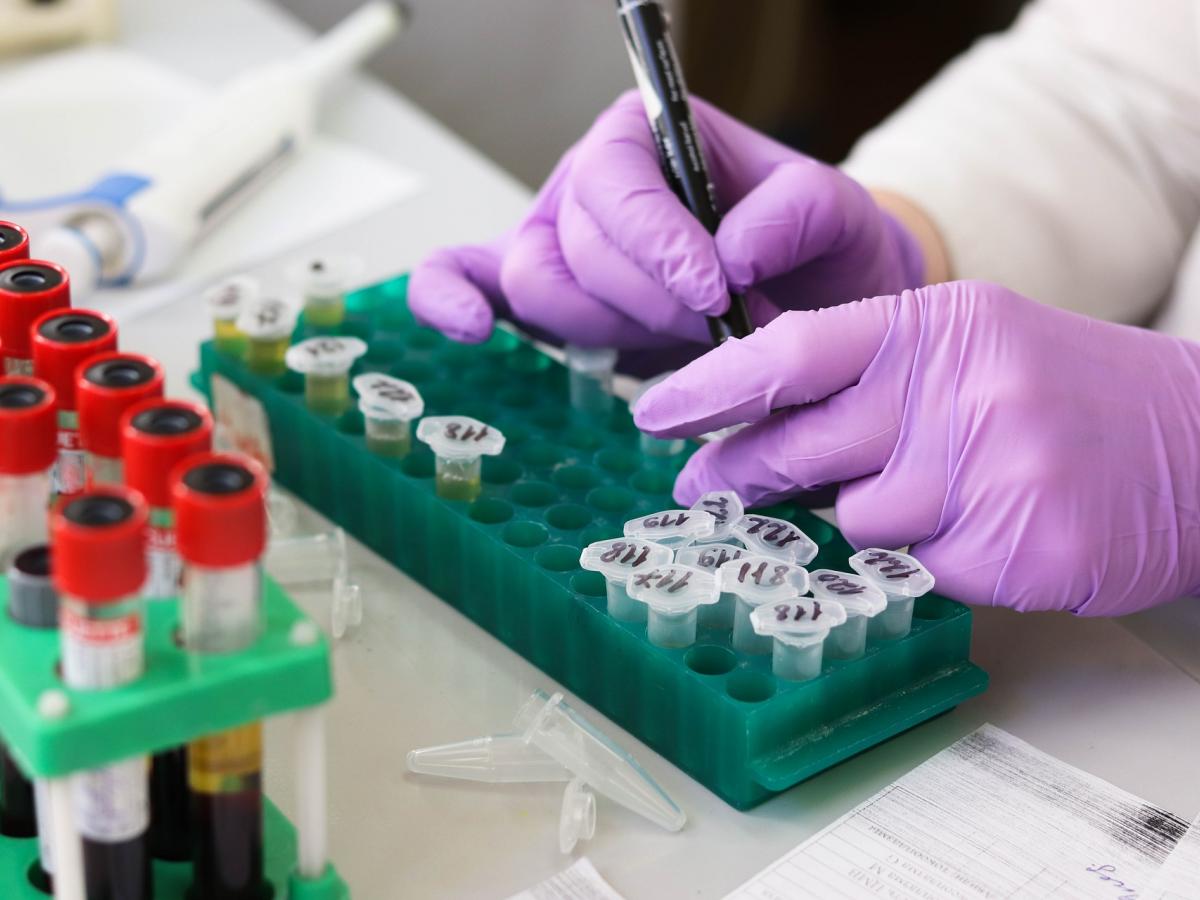
The University of Adelaide has been awarded more than $6.6 million in research grants from the Federal Government’s Medical Research Future Fund’s (MRFF) to support targeted research on new ways to treat chronic and life-limiting diseases.
The funding will help to treat hereditary pancreatitis, antibiotic-resistant infections common to patients with cystic fibrosis, and kidney disease.
Professor Toby Coates AO from the University of Adelaide’s Faculty of Health and Medical Sciences and his research team received $2,014,561 to fund a clinical trial of an innovative surgical solution to treat hereditary pancreatitis.
“An earlier pilot study has shown the surgery to be a successful method to treat the disease.” said Professor Toby Coates AO, the University of Adelaide’s Faculty of Health and Medical Sciences.
The treatment involves removal of the painful, diseased pancreas for extraction and purification of remaining healthy islet cells (which help prevent diabetes) hidden within the diseased tissue. The patient’s own islets are transplanted into their liver where they survive and function normally and as a result, the patient’s chronic pain is eliminated while simultaneously protecting them from both diabetes and terminal cancer.
“An earlier pilot study has shown the surgery to be a successful method to treat the disease,” said Professor Coates.
“This new trial will provide further clinical evidence and support an application to have the procedure funded through the Australian Medicare Benefits Schedule, so it is accessible to more people.”
Professor Peter-John Wormald and Associate Professor Sarah Vreugde from the University of Adelaide’s Faculty of Health and Medical Sciences will receive $1,712,341 to fund a trial of a novel bacteria treatment to eradicate antibiotic-resistant infections in recalcitrant chronic rhinosinusitis (a chronic inflammatory condition of the upper airway) that affects nearly all cystic fibrosis patients. Failure to eradicate chronic infection in cystic fibrosis patients results in permanent and life threatening lung disease.
“The novel viruses known as Bacteriophages or phages, target and kill only specific types of bacteria, leaving the patient and commensals or good bacteria unaffected,” said Associate Professor Vreugde.
“This study will be the first to provide evidence for the breakthrough potential of phage cocktails to eradicate these drug-resistant infections.”
Professor Chen Au Peh from the University of Adelaide’s Faculty of Health and Medical Sciences and a team of 20 nephrologists from 12 countries, will receive $2,904,210 to fund an international clinical trial to compare treatment regimens in Primary Membranous Nephropathy, a rare kidney disease that causes leakage of protein in the urine and severe swelling of the body.
“Sixty per cent of patients with Primary Membranous Nephropathy do not respond well to current therapies and some may progress to kidney failure,” said Professor Peh.
“The remainder may improve with current therapies but experience terrible side-effects such as infection, nausea, diabetes, osteoporosis, muscle weakness, infertility and the risk of cancer.
“New drugs have recently become available, and this trial will compare them to see if they provide better outcomes and results for patients.”






